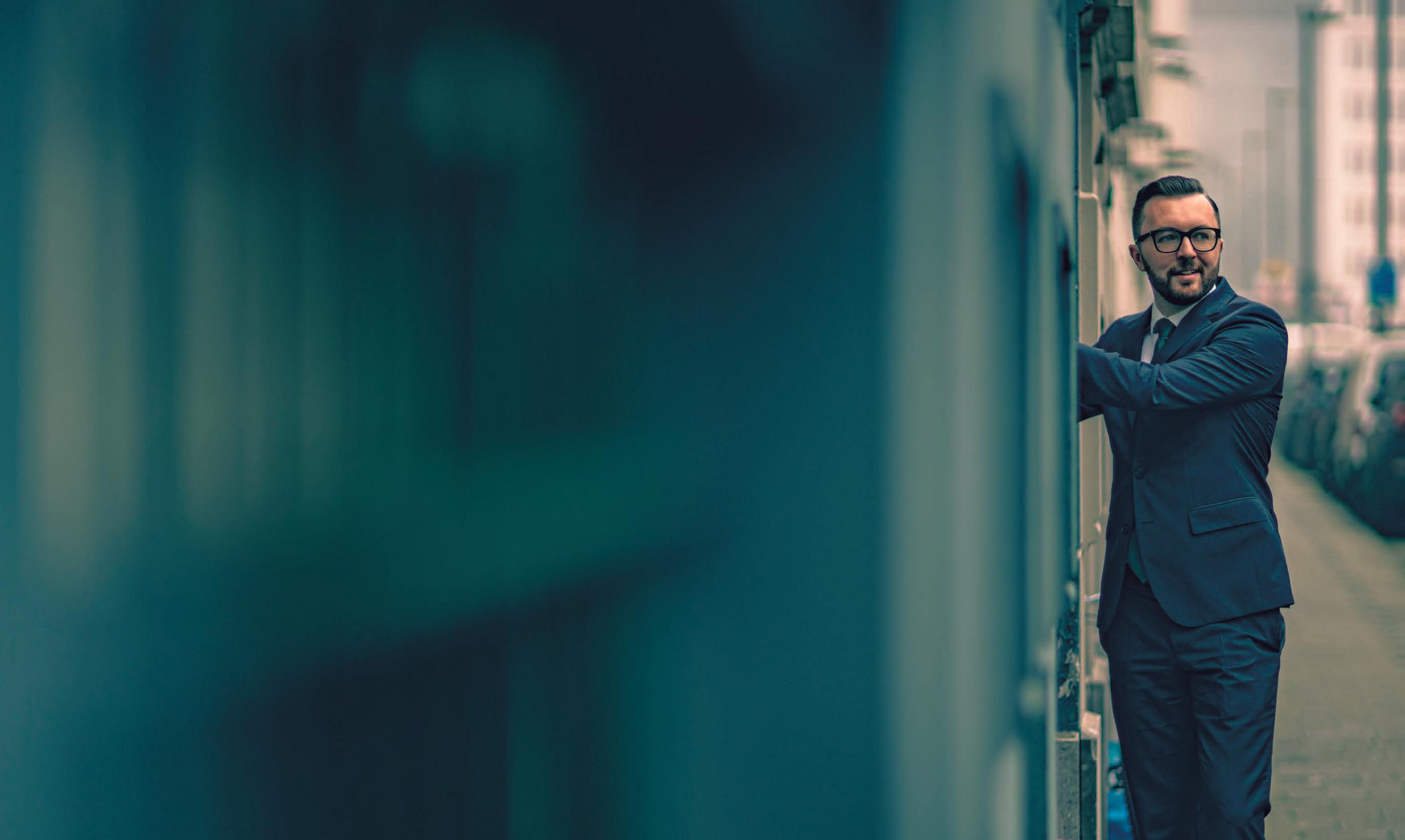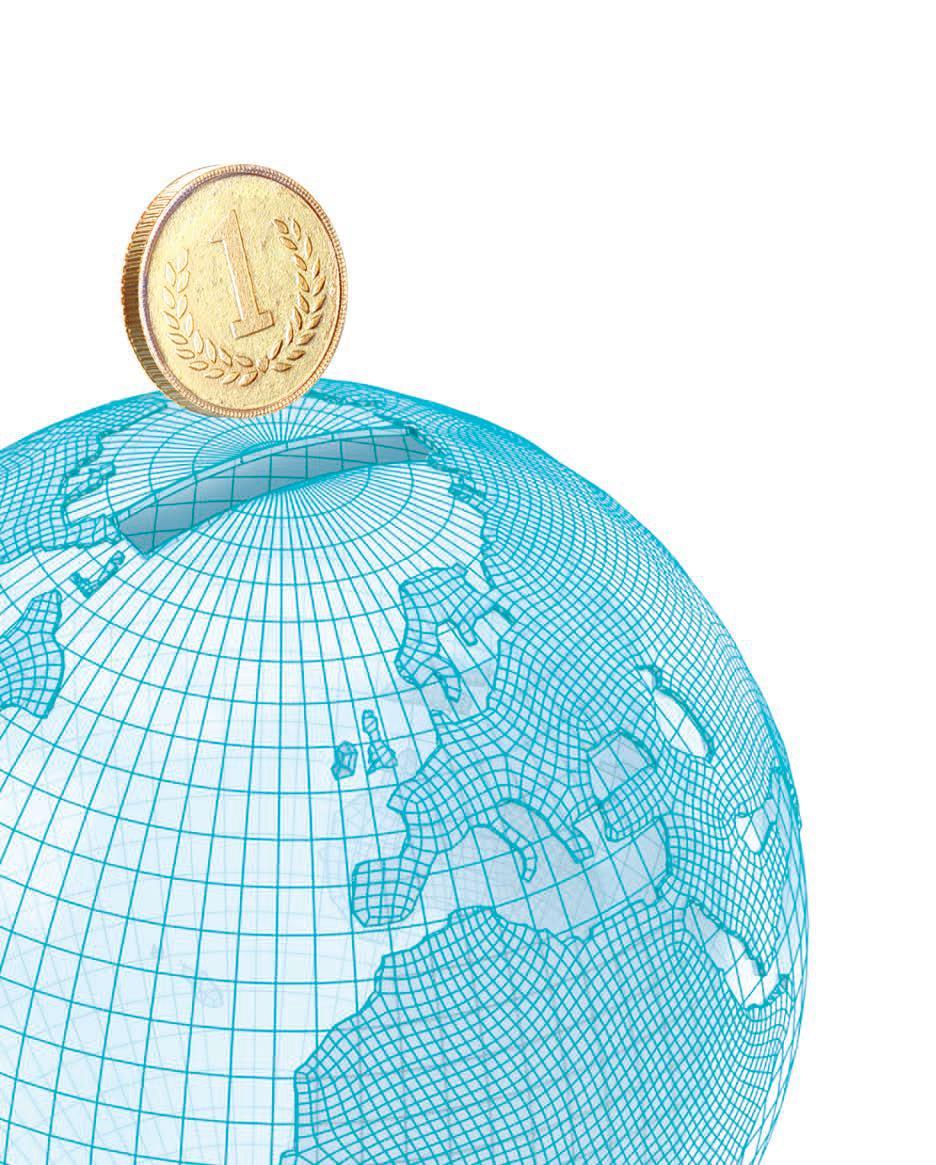ROBECO RANKS FIRST IN SI SURVEY OF GLOBAL ASSET MANAGERS Robeco places great value on the external verification of our sustainable investing approach. That’s why we were delighted to be ranked first for sustainable investing in a survey of 75 asset managers by ShareAction. In an update to its 2017 ranking, the UK-based group reviewed the sustainable investment practices on governance, climate change, human and labor rights, and biodiversity of the world’s largest asset managers. Based on data collected through an extensive survey aligned with the Task Force on Carbonrelated Financial Disclosures project, as well as publicly available information, the report gives an overview of global trends in the adoption of SI within the asset management industry. It then ranks them based on disclosure and management of ESG risks and impacts across their portfolios. And this year, Robeco came top. Much larger firms did not fare so well: many of the world’s biggest asset managers are among the worst performers on SI, ShareAction says. “We are extremely proud to be recognized as a sector leader in ShareAction’s assessment,” says Carola van Lamoen, Head of Active Ownership. “Robeco’s place at the top of the leaderboard reflects our long-standing history in this field, and our commitment to driving positive change through rigorous stewardship and a focus on ESG integration.”
The welcome rise in sustainability means more investors are using ESG in their daily activities. However, many are claiming to be more sustainable when they are in fact only making token gestures towards sustainability. This is known as greenwashing, and sadly, it is also on the rise.
There are three aspects to greenwashing:
THE $6 TRILLION COST OF CYBERCRIME Think that the drugs trade or gun violence are the biggest form of crime in the world today? Think again. Cybercrime, the illegal manipulation of computer systems, is now estimated to cost USD 6 trillion a year. It began as simple hacking to steal users’ bank account information from email addresses or fake ‘phishing’ links. Now it has morphed into the kind of sophistication that requires expert-level knowledge to both formulate and fight. Analysis by the FBI shows that malware now affects more than 100,000 computers a day around the world and involves USD 1 billion in ransom payments. It’s rich pickings for thieves
1
as the number of computers connected to the internet is set to reach 50 billion devices this year. So, how to combat it? Testing a company’s cybersecurity is now a routine part of sustainability analysis at Robeco, forming as much a normal part of analysis as looking at other risk factors such as vulnerability to bad weather or labor disputes. A company without proper locks on its digital doors may not make it into portfolios – that’s how seriously the issue is now taken. The graph below shows what happens when you get hacked: it’s a risk that investors including Robeco now routinely look for.
CLOSING SHARE PRICE OF A HACKED COMPANY, FEB 2017-FEB 2018 150 Data breach announced
140 130 120
“We acknowledge that in order to truly meet the challenges in the natural and social world, industry standards must be raised across the sector. We hope this ranking will inspire the industry into taking more action as we continue to play our role in educating and sharing best practices.”
6 | SI X.
110 100 90 80 02-17
03-17
04-17
Source: Bloomberg
05-17
06-17
07-17
08-17
09-17
10-17
11-17
12-17
01-18
02-18
Strategies that only apply simple exclusions and are still labeled as being ‘sustainable’ should be a thing of the past. There should be more to sustainable investing than just using a negative screen.
GREEN, GREENER, GREENEST. REALLY?
2 A strategy can only really be sustainable if it is also financially sustainable. Integrated thinking is important. How do long-term ESG trends and external costs such as climate change, loss of biodiversity and rising inequality lead to changes in business models? This means thinking hard about how sustainability affects companies and investment strategies.
green·wash·ing | \ grēn- wo-shin\: Behavior or activities that make people believe that a company is doing more to protect the environment than it really is – Cambridge Dictionary
3 Active ownership is important. Truly sustainable investors will use voting and engagement to encourage companies to become more sustainable. Passive funds, for example, cannot do this – they simply scoop up the wheat with the chaff.
To try to make things clearer, the EU is in the process of defining an ecolabel, so that the public can trust what is said to be sustainable. Other SRI labels can be misleading. Our advice? Look closely at what’s really on offer. If it doesn’t have ESG properly integrated, it’s greenwashing.














